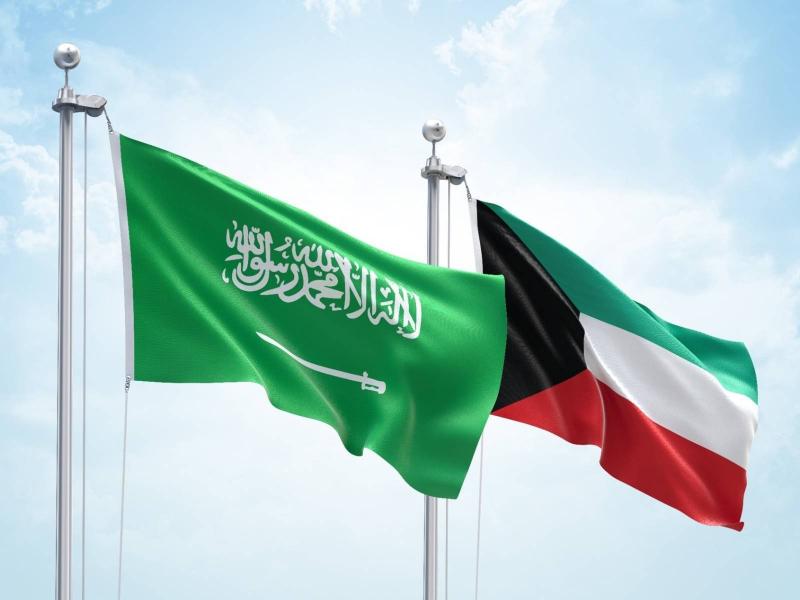Lebanese Prime Minister Najib Mikati, along with Foreign Minister Abdullah Bou Habib and Interior and Municipalities Minister Judge Bassam Mawlawi, followed up on developments related to the warning statements issued by the embassies of Saudi Arabia, Kuwait, and Germany for their citizens in Lebanon. After discussions with military and security leaders, the available information indicated that the overall security situation does not warrant concern or panic. Political and security communications aimed at addressing incidents in the Ain el-Hilweh camp have made significant progress, and efforts are ongoing to ensure general stability and prevent any disturbances to security, or targeting of citizens, residents, and Arab and foreign tourists.
Mikati tasked Bou Habib with reaching out to "Arab brothers to reassure them about the safety of their citizens in Lebanon." He also requested Mawlawi to convene the Central Security Council to discuss the challenges that Lebanon may face in these tense regional conditions and to make suitable decisions to maintain security across all regions.
Meanwhile, the German embassy in Lebanon stated today that "contrary to rumors, Germany is currently NOT asking its citizens to leave." It urged "German citizens to familiarize themselves with and adhere to our travel advice for Lebanon." The Kuwaiti embassy also advised its citizens to "exercise caution and avoid areas of security unrest in certain regions and adhere to instructions issued by local authorities."
Additionally, the Saudi embassy in Lebanon urged its citizens to leave Lebanese territory "quickly." In a statement, it stated that the kingdom "calls on its citizens to leave Lebanese territory quickly and avoid areas experiencing armed conflicts." The statement emphasized the importance of avoiding proximity to regions marked by armed clashes and urged citizens to adhere to the travel restrictions imposed on Saudis traveling to Lebanon.
On August 1, Saudi Arabia updated its travel advisories for Lebanon, recommending avoiding "all forms of non-essential travel" to areas in southern Lebanon near the Ain el-Hilweh Palestinian refugee camp.
Bahrain followed suit on Saturday, urging its citizens to leave Lebanon, according to a statement from the Ministry of Foreign Affairs. The statement indicated that the embassy in Damascus warned Bahrainis in Lebanon "to stay away from areas currently experiencing armed conflict, advising them to leave Lebanese territory for their safety," reiterating the need to comply with previous advisories from the Ministry of Foreign Affairs against traveling to Lebanon altogether.
Tourism Minister Walid Nassar clarified that there are no security reasons behind the embassies' warnings, affirming that tourism will not be affected and that the will of the Lebanese people remains strong.
Security sources within the camp reported to Reuters that at least 13 individuals, mostly militants, have been killed since fighting erupted in the camp on July 29 between the Fatah movement and hardline Islamists. According to the United Nations Relief and Works Agency for Palestine Refugees in the Near East (UNRWA), the Ain el-Hilweh camp is the largest of the 12 Palestinian refugee camps in Lebanon, home to approximately 80,000 of the up to 250,000 Palestinian refugees across the country.
In this context, Palestinian journalist Abdel Bari Atwan commented on the statement from the Saudi embassy in Lebanon, warning that it "signals a significant danger ahead," amid reactions from social media users and activists. Abdel Bari Atwan stated on X (formerly Twitter): "The statement from the Saudi embassy in Lebanon, which urged its nationals to exercise caution and distance themselves from areas of tension and to leave, warns of a significant danger coming to Lebanon, which could possibly be an Israeli aggression or a military incursion into the Ain el-Hilweh camp to disarm it, with the region sitting atop a volcano, and Lebanon potentially being the starting point, God knows."




